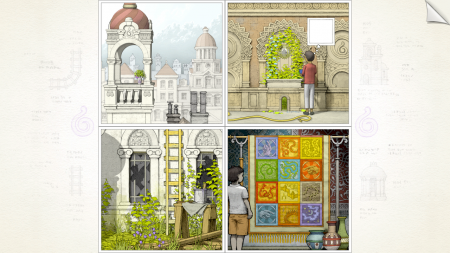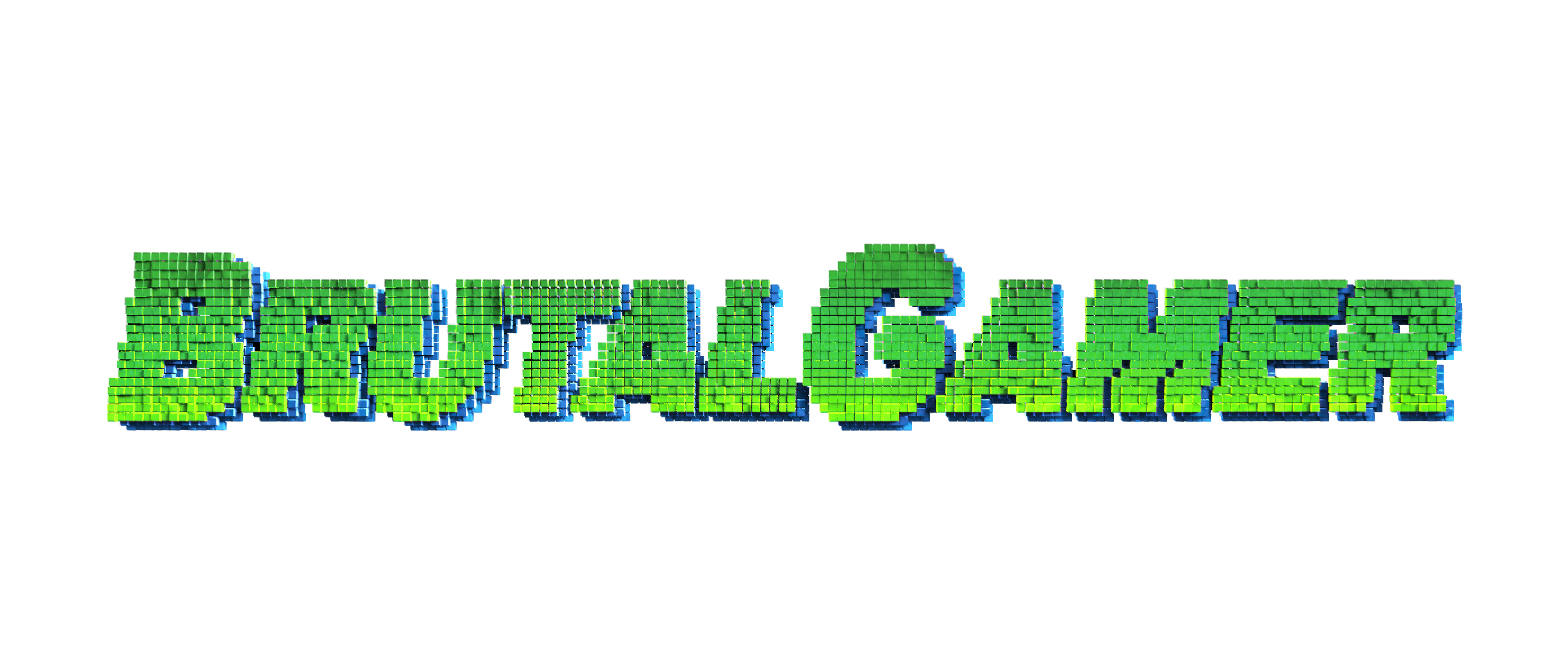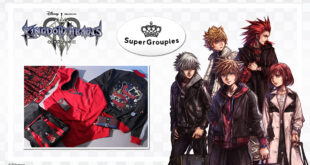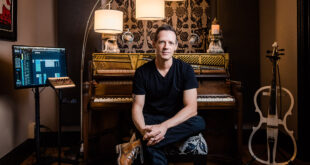Editors Note: This article has been revised to name the right musicians that have been mentioned.
With it’s breathtaking visuals, and outstanding musical score Gorogoa is a puzzle game that you can’t miss!
What inspired you to become a music composer?

Joel Corelitz: As a kid I loved the sound of games I think more than anything else. I grew up in the Nintendo and Super Nintendo eras and there was such good music in a lot of the games on those systems, but each system had its own really distinct personality because of the hardware limitations of each one.
It was just as interesting to hear these cool pieces of music in my favourite games. Just the idea that the Nintendo had its own voice, I think that really got me interested in not just music but music production and electronic music.
I wanted to learn more about what made those systems tick, why they sounded the way they did, and that kind of led me to start exploring and doing my own productions when I was a teenager, and then eventually just figuring out: “Okay. How can I turn this from a hobby to a career?”
How were you approached to compose the score for Gorogoa?

Joel Corelitz: So I was contacted by a producer who formerly had been at Sony Santa Monica and was familiar with my work from The Unfinished Swan, so Gorogoa was mostly made by one person- at least all the art, the story and although it was published by Annapurna Interactive Jason Roberts is the developer. He was looking for a musician to score the game and the producer that I knew put us in touch and we started talking.
For the initial phase, it was kind of all on spec as many of these projects tend to be where you can hear someone’s music that they’ve done for different games, but you don’t know what the process is going to be like for one particular game unless you just start working together.
So we had a few conversations about the score and how it might work in the game and then I just wrote some ideas, we tested them out and it gave him enough of an idea of not just creatively what I would do, but what working together would be like. Then he said: “I’d like you to be the composer.” Even that process can take a month or two.
Who are your musical influences?

Joel Corelitz: It’s all over the map! I think my sensibilities tend to gravitate towards like design and texture oriented music, so even when I’m writing a melodic score I really think about things just as much in the terms of the sound and palette I’m using as much as I do the arrangement.
So artists kind of tend to span- you know not just composition but production was inspirational in me doing what I do so probably my favorite artist of all time is Boards of Canada, but then I love classical and I love Steve Reich I think probably more than anyone.
He’s really inspiring compositionally in the way I think about music because even though a lot of his music is really rhythmic, it’s also really textural and he thinks so much about the pallet and kind of the fabric of the composition, just as much about the notes themselves.
There’s a woman named Mira Calix who does some really interesting stuff and her material was released I think early 2000’s on Warp. I grew up listening to Warp Records and it was so innovative. Then her record stood out and it was so much different than anything else on the label. She was one of the first artists that I heard doing musical sounding compositions with mostly found sounds, so kind of like Musique Concrete but modern. Even a lot of her stuff inspired me, such as some of the techniques and processes that went into the score for TumbleSeed.
Do you have any formal musical training or did you just pick it up with practice?
Joel Corelitz: Originally I just picked it up. I did end up going to a music conservatory, but initially like so many kids I hated to practice, and I think what I liked about production and composition was that I was practicing a skill but it was different every time. So it wasn’t plotting through the same piece over and over and it was more like: “Alright. Today I’m going to sit down and figure out how to do this technique” or whatever it was and so I think particularly with a production minded craft sometimes you’re concentrating on the production side and you’ll go: “Now I need to focus on the actual composition.”

I would bounce back and forth between the two until you know later things started to come together, and I felt like I could use the studio in a more transparent way, to express myself musically.
When you are composing a musical score what are some things that you keep in mind?
Joel Corelitz: Most of the time when I’m composing a score it’s to a game or it’s to some other piece of media so the experience is inherently collaborative. Which actually makes a lot of my job much easier because my inspiration is mostly from the piece that I’m working on.
So it’s either from the game, story, or characters. Usually, there’s some aspects of the experience that I’m focusing on in trying to either bring out in the game: an emotion I want to enhance, or something in the game that might not be there to bring out or contrast with.

To me, it’s a conversation with whatever I’m working on. It’s a very collaborative experience.
Some of my favorite music and some of the most effective scores are the ones that you try to write more with your heart rather than your head, and I think that’s what I was initially doing when I was really inspired to just write music.
 BrutalGamer Bringing you Brutally Honest feedback from today's entertainment industry.
BrutalGamer Bringing you Brutally Honest feedback from today's entertainment industry.





